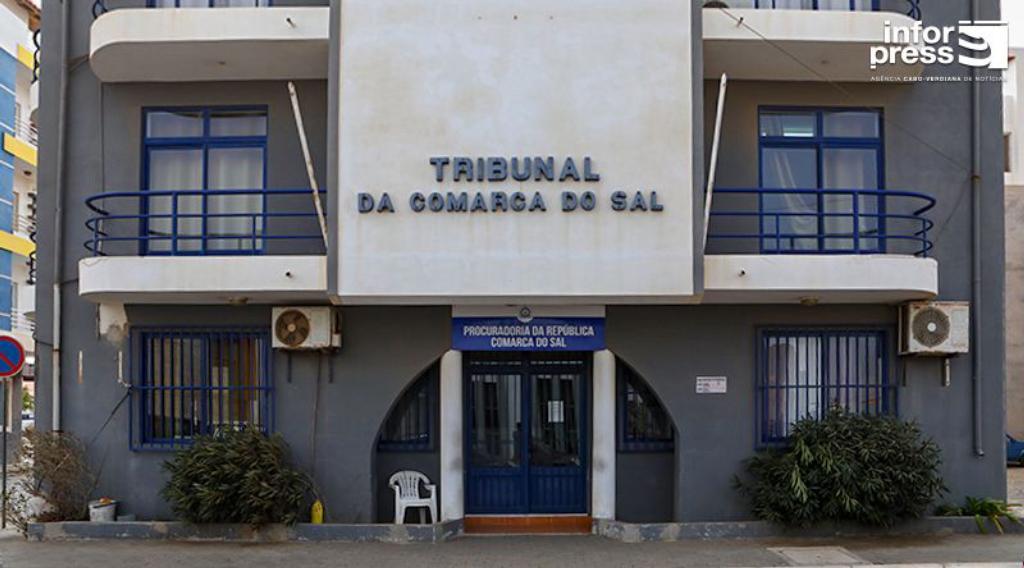Africa-Press – Cape verde. Cape Verde is preparing for the start of the 2025/2026 school year with approximately 130,000 students already enrolled across all levels. This information was provided by the National Director of Education, Adriano Moreno, in a statement to Inforpress on the sidelines of the International Literacy Day ceremony, celebrated this Monday at the Portuguese Cultural Center in Praia.
According to Moreno, of those enrolled, approximately 115,000 will attend grades 1-12, with between 16,000 and 17,000 enrolled in preschool and over two thousand in Basic Education for Youth and Adults (EBJA). Although provisional, these figures confirm the size of the Cape Verdean education system and demonstrate that preparations for the new school year are proceeding as planned in all municipalities across the country.
Moreno emphasized that even in municipalities recently affected by the storms of August 11th, such as São Vicente, São Nicolau, and Santo Antão, local teams have been working hard to ensure classes begin without interruption. “The teams have been working hard, and we believe the school year will begin smoothly,” he said.
Regarding the teaching staff, he assured that the transfer list has already been published and that new assignments are in the final stages. The goal is for all teachers to be present in their respective municipalities this week to begin classes on September 15th. “This year, fewer teachers were transferred compared to previous years, which means there will be fewer relocations and greater stability at the start of classes,” he said.
When asked about concerns raised by unions regarding the transition list under the new Career, Function, and Remuneration Plan (PCFR), Adriano Moreno was clear: the list reflects “a significant 16% salary increase for teachers, never before seen in Cape Verde.” He acknowledged that in a process involving more than seven thousand professionals, there may be cases of teachers who feel unfairly treated, but reiterated his openness to dialogue. “We are available to analyze all available cases, but we cannot satisfy all the demands, whether from unions or teachers,” he warned.
Educational Reforms
Regarding educational reforms, the National Director of Education noted that the process in elementary education has already been completed and that high school was closed this year and is now undergoing evaluation. The government’s goal is to level the education system at all levels, from preschool to the top of the pyramid, ensuring quality and greater equity.
In preschool, the focus will be on universalization through the Priority Educational Reform Support Program. Basic Education for Youth and Adults will also undergo a profound reform, including the introduction of foreign languages and the use of digital tools, to prevent those attending this subsystem from being excluded from the knowledge society.
“The commitment is to equip EBJA institutions and ensure that teachers and students master the basics of digital tools, an essential condition for full literacy in the era we live in,” stated Moreno. If it is not possible to use the equipment at the schools where the classes are held, he added that specific resources will be made available so that students have access to the necessary technologies.
Literacy Rate
In the same context, he presented recent data on literacy in Cape Verde. Currently, the rate for those 15 and older is 88.8%, while among young people aged 15 to 24, it reaches 99%. These figures, he emphasized, place the country in an advantageous position compared to neighboring states and on par with upper-middle-income countries.
Despite the progress, the leader admitted that the goal of achieving 100% literacy has not yet been achieved. “We are working in all municipalities with basic education classes for young people and adults to achieve this goal. Literacy is not just about learning to read and write, but also about acquiring digital skills,” he emphasized.
Moreno recalled that the celebration of International Literacy Day, this year celebrated under the motto “Literacy in the Digital Age,” should serve as a reflection on the challenges Cape Verde faces in modernizing the sector. “We are deeply committed to modernizing literacy curricula so that we can achieve what we call digital literacy,” he reinforced.
In his view, today, even those who already know how to read and write can become “digitally illiterate” if they don’t master technological tools. Therefore, the strategy is to update the EBJA curricula, introduce new subjects, and provide parallel training for teachers and students to acquire these skills.
The National Director of Education concluded by emphasizing confidence in a smooth start to classes in 2025/2026, despitethe fears of some unions. “We have all the conditions for the school year to begin without major disruptions, and we believe that, with the advances introduced, Cape Verde will be closer to achieving the long-awaited education comparable to the most advanced countries,” he concluded.
For More News And Analysis About Cape verde Follow Africa-Press






